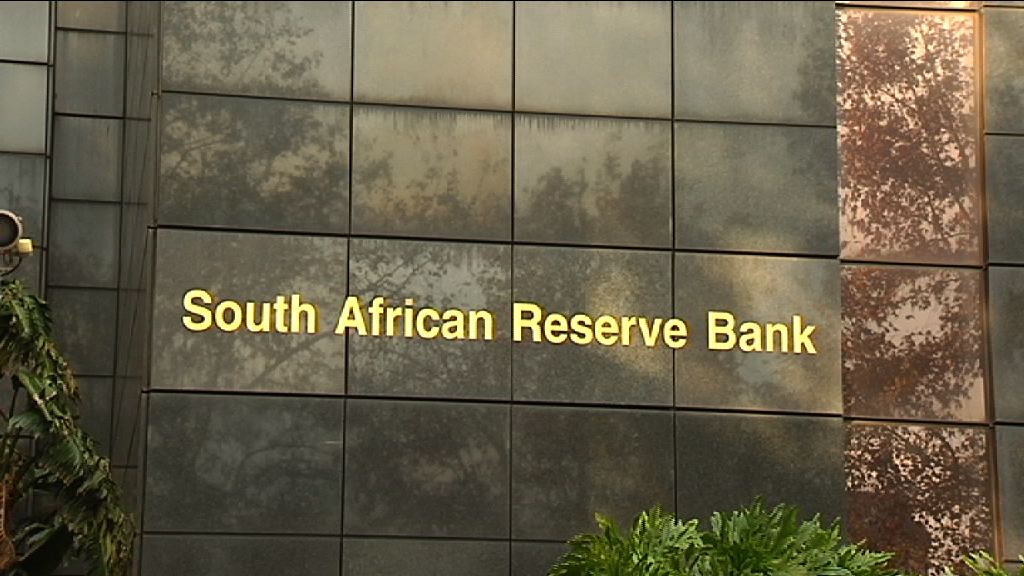
The Central Bank of Eswatini (CBE) says it has continued its investigation into the possibility of issuing a digital Lilangeni as a complement to cash.
The Central Bank notes that the 1st Phase of the CBDC Diagnostic Study conducted found that a retail CBDC presented the strongest and most direct opportunity for the adoption of a digital currency in Eswatini.
Following this finding the CBE partnered with renowned international technology group Giesecke+Devrient (G+D) in September 2022 to research and explore the development of a potential CBDC.
This was disclosed by the Governor of the CBE, Dr. Phil Mnisi when presenting the Banks’ Annual Integrated Report for the 2022/23 financial period.
He noted though, that before the CBDC is rolled out, a number of factors must be taken into account,
“One of the key lessons learned throughout the Eswatini CBDC project is the importance of considering the local context. Understanding the specific needs, preferences, and existing payment methods of the Eswatini market is crucial for the successful implementation of the CBDC.”
“To ensure that consumers continue to have access to legally backed CBE money through the CBDC project, the Bank has continued its investigation into the possibility of issuing a digital Lilangeni as a complement to cash. This involves understanding used cases and exploring design concepts of a potential digital currency in Eswatini which includes aspects of governance, accessibility, interoperability, security, and programmability.”

He acknowledged that there is a need to conduct an assessment of the potential impact on monetary policy. Dr. Mnisi, however, stated that since the country operates in the Common Monetary Area (CMA), they are working closely with all the countries that are part of the CMA.
“The most important thing for us is that we are not working in isolation, as we are part of a CMA working group. This partnership will ensure that there are no risks that arise as we attempt to roll out the project. South Africa for instance has invested heavily into the CBDC project as well.”